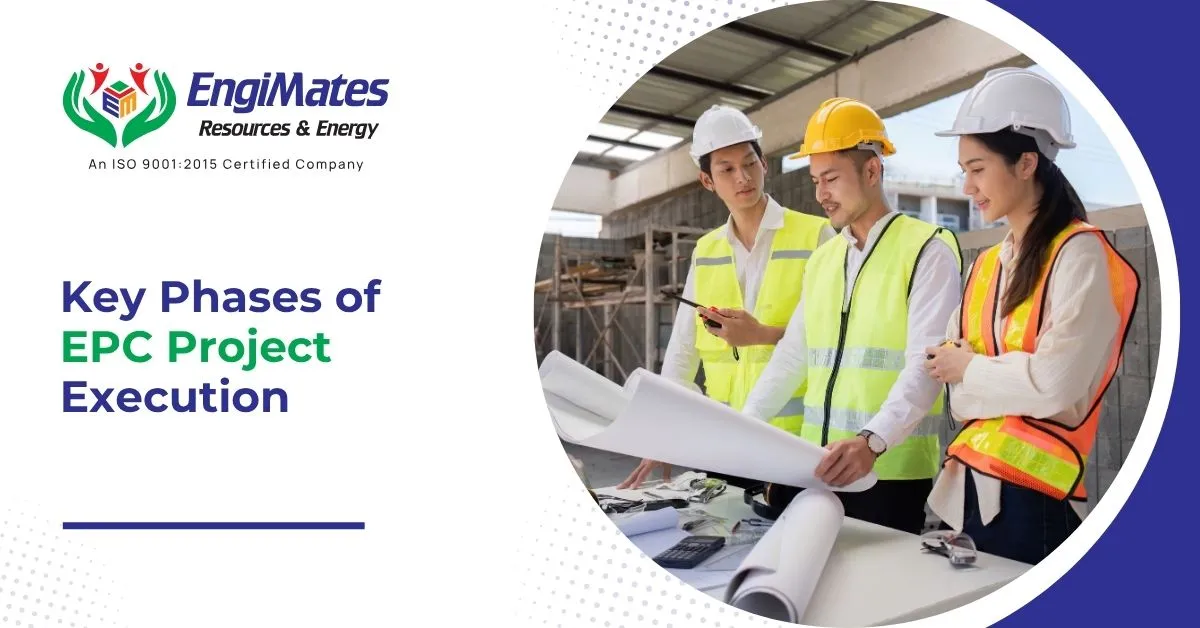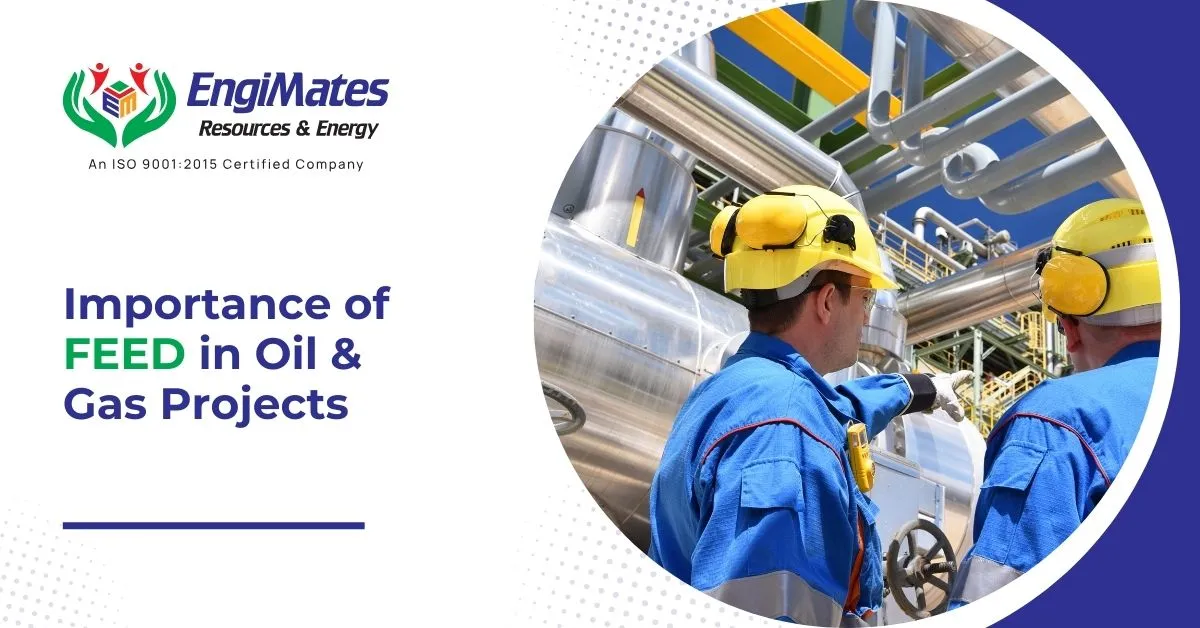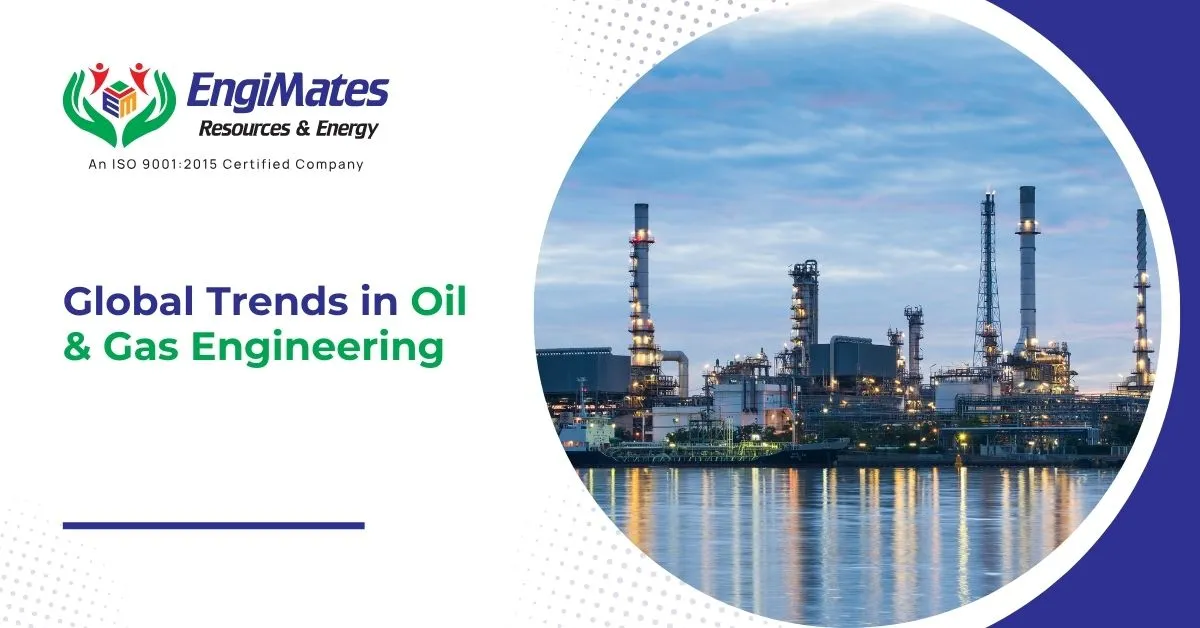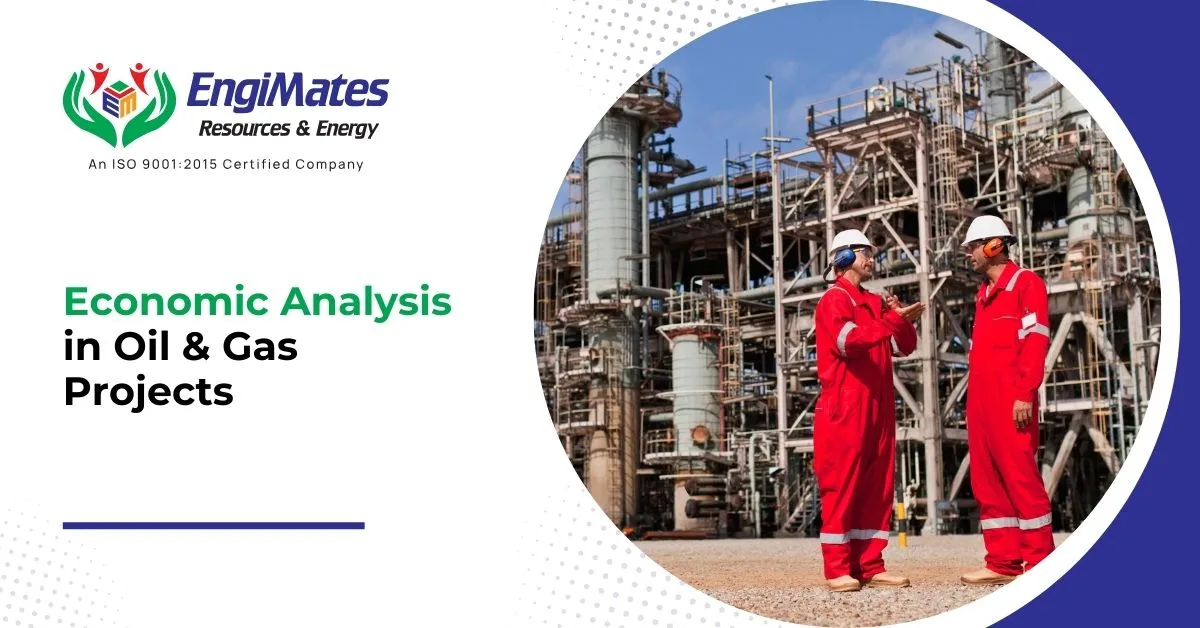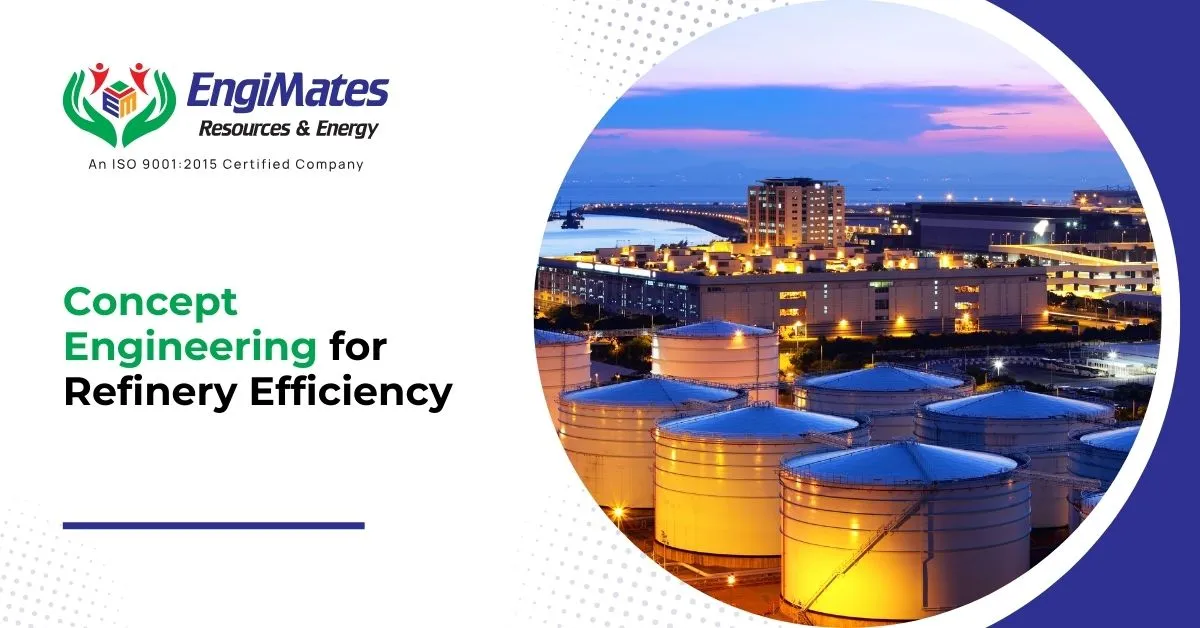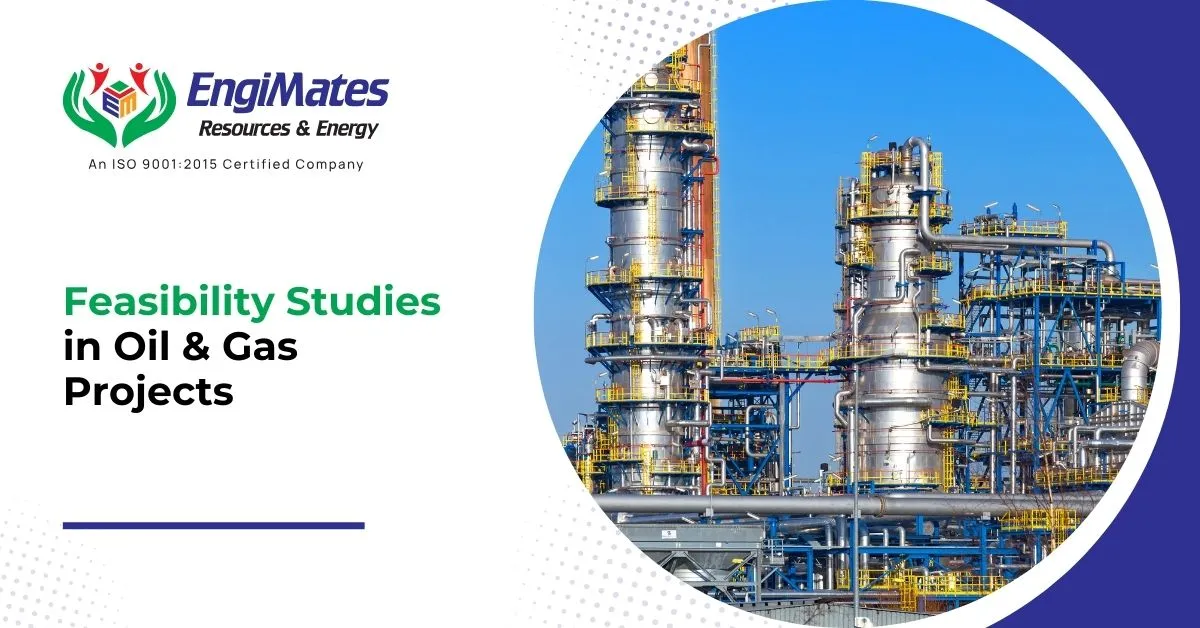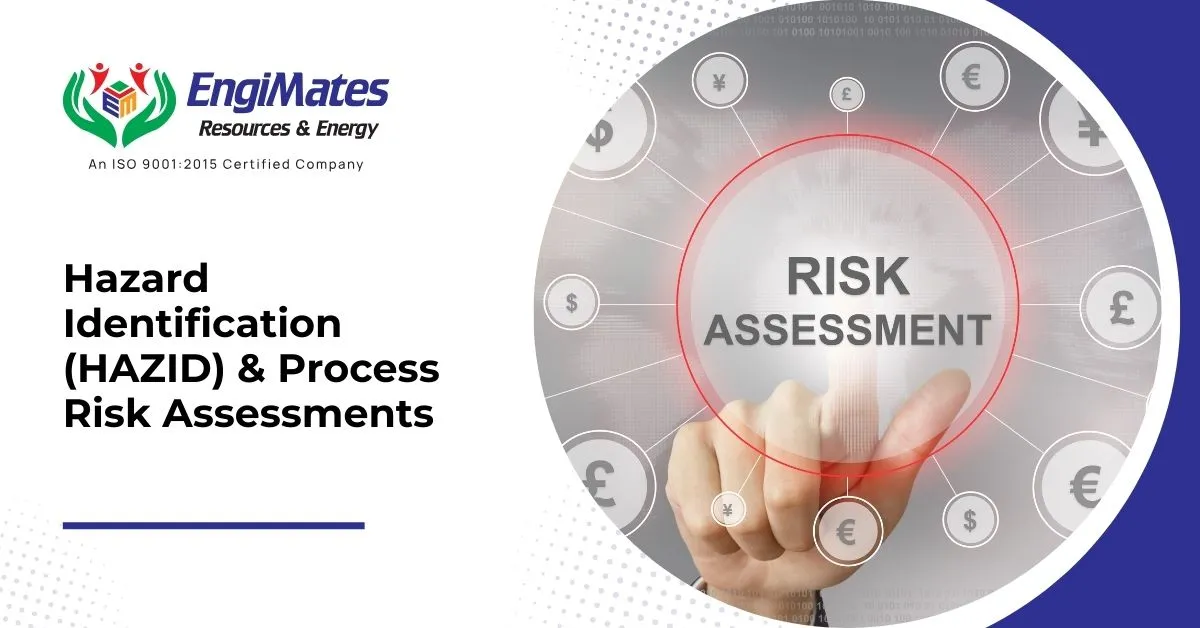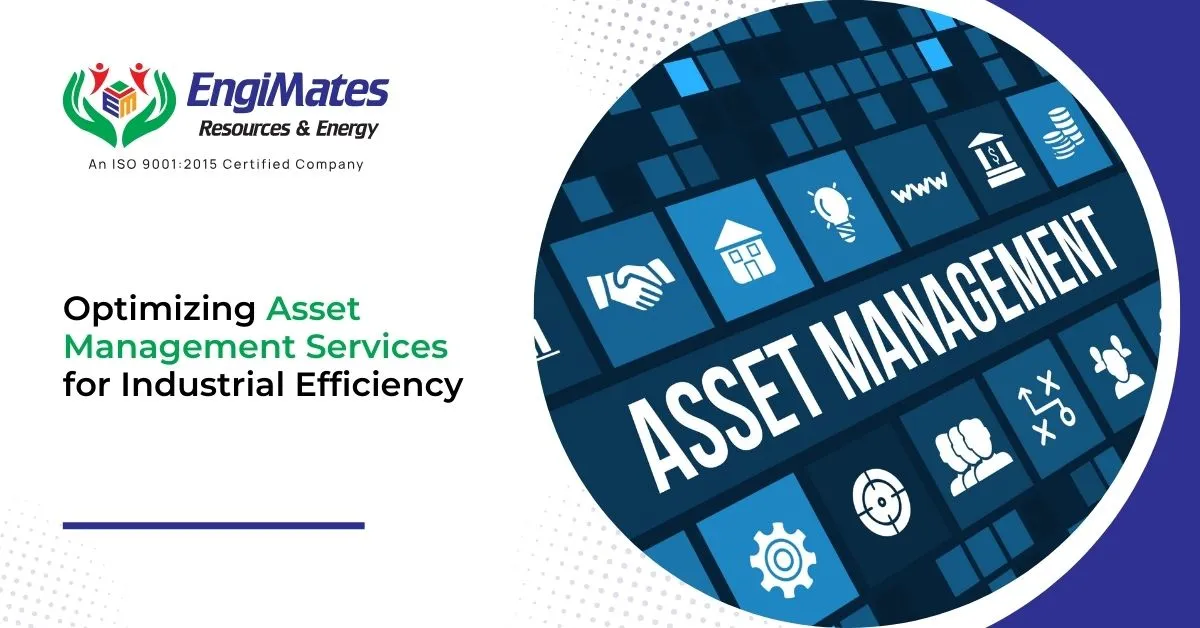Key Phases of EPC Project Execution
The EPC (Engineering, Procurement, and Construction) model has become a cornerstone of modern project delivery in the oil & gas, refining, and energy sectors. At EngiMates Resources and Energy Pvt. Ltd., we specialize in delivering high-performance EPC projects with a…

